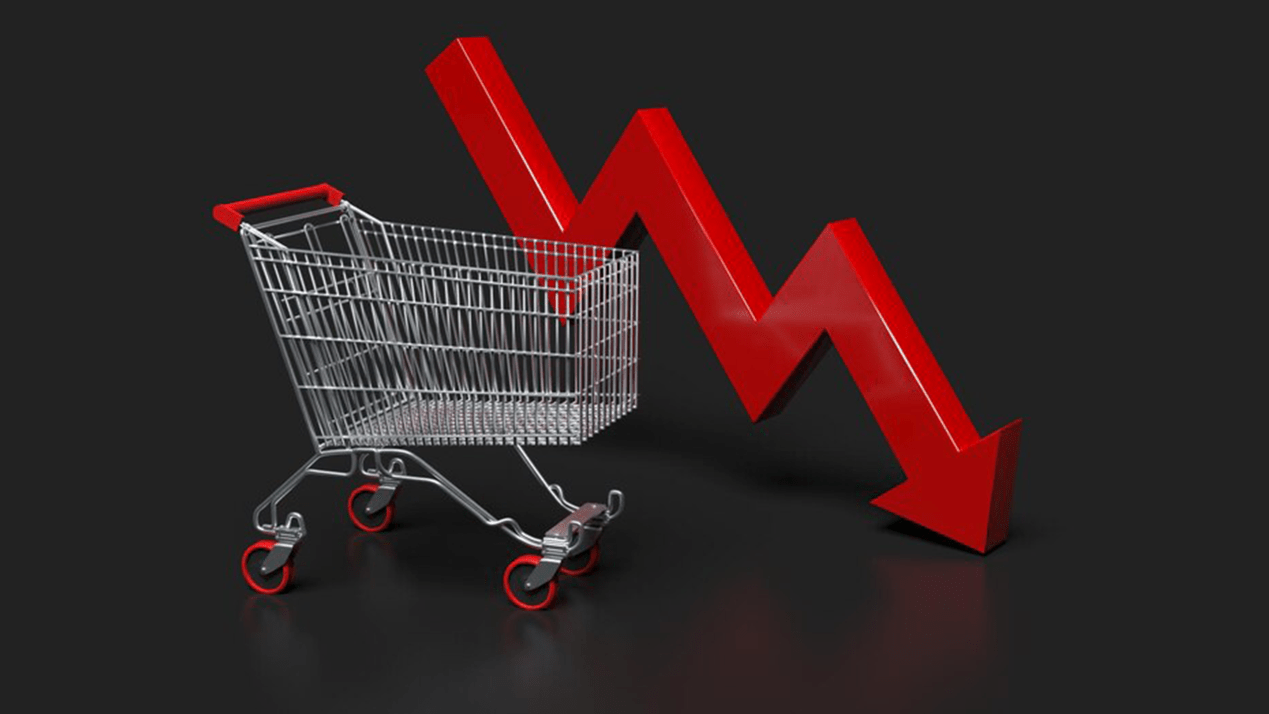
Why Skills-First Leadership Is Replacing the Ivy League Playbook in the C-Suite
The old prestige pyramid—where Ivy League degrees and blue-chip consulting backgrounds paved the way to the CEO seat—is cracking.

The deserted streets and vacant storefronts lining Wellington, New Zealand’s capital city, paint a concerning picture of the country’s economic health. These visual indicators raise questions about the appropriateness of the Reserve Bank of New Zealand’s (RBNZ) hawkish monetary policy stance.
In its efforts to combat rising inflation, the RBNZ has embarked on a series of aggressive interest rate hikes. While curbing inflation is undoubtedly a crucial objective, concerns are mounting that the RBNZ’s tightening measures may be severely stifling economic activity.
The deserted shops in Wellington serve as a tangible illustration of these concerns. Retailers, facing rising costs and potentially softening consumer demand due to higher interest rates, are struggling to stay afloat. This decline in retail activity suggests a potential weakening of domestic consumption, a key driver of economic growth.
Opponents of the RBNZ’s aggressive rate hikes argue that the central bank is prioritizing inflation control at the expense of economic growth and job creation. They advocate for a more measured approach that acknowledges the potential negative impacts of excessive interest rate hikes on businesses and consumers.
The RBNZ, however, maintains its commitment to its current policy direction. The bank argues that decisive action is necessary to curb inflation and prevent it from becoming entrenched. The RBNZ acknowledges the potential for some economic slowdown but believes it is a necessary price to pay for long-term price stability.
The desolate state of Wellington’s retail sector is a stark reminder of the delicate balancing act central banks face. While inflationary pressures require attention, excessively tight monetary policy can stifle economic activity and lead to job losses. In the coming months, the RBNZ will closely monitor economic data, including retail sales and employment figures, to gauge the impact of its interest rate hikes. This data will be critical in determining whether the bank needs to adjust its policy course to strike a more sustainable balance between inflation control and economic growth.

The old prestige pyramid—where Ivy League degrees and blue-chip consulting backgrounds paved the way to the CEO seat—is cracking.

Loud leaders once ruled the boardroom. Charisma was currency. Big talk drove big valuations.

But the CEOs who make history in downturns aren’t the ones with the deepest cuts

Companies invest millions in leadership development, yet many of their best executives leave within a few years. Why?

The most successful business leaders don’t just identify gaps in the market; they anticipate future needs before anyone else.

With technological advancements, shifting consumer expectations, and global interconnectedness, the role of business leaders

Following a distinguished Law Enforcement career Joe McGee founded The Securitatem Group to provide contemporary global operational specialist security and specialist security training products and services for private clients, corporate organisations, and Government bodies. They deliver a wide range of services, including complete end-to-end protection packages, close protection, residential security, protection drivers, and online and physical installations. They provide covert and overt investigations and specialist surveillance services with a Broad range of weapons and tactical-based training, including conflict management, risk and threat management, tactical training, tactical medicine, and command and control training.

Jay Wright, CEO and Co-Owner of Virgin Wines infectious energy, enthusiasm, passion and drive has been instrumental in creating an environment that encourages talent to thrive and a culture that puts the customer at the very heart of every decision-making process.

Fabio de Concilio is the visionary CEO & Chairman of the Board at Farmacosmo, a leading organization dedicated to mental health and community support services. With a deep commitment to identifying and meeting customer needs, Fabio ensures that high standards are maintained across the board.

Character Determines Destiny – so said Aristotle. And David CM Carter believes that more than anything else. For David, it has been numerous years of research into codifying Entelechy Academy’s 54 character qualities that underpin everything he stands for as a leader and teacher.


Leave us a message
Subscribe
Fill the form our team will contact you
Advertise with us
Fill the form our team will contact you